Sunflower seeds are a popular snack enjoyed globally, providing a range of health benefits and culinary uses. Australia, with its favorable climate and vast agricultural resources, presents a profitable opportunity for the cultivation and distribution of bulk sunflower seeds. This article will explore the potential of the bulk sunflower seeds market in Australia, discussing key factors and considerations for those interested in venturing into this industry. 1. Market Overview: The demand for sunflower seeds is rising steadily, driven by the growing popularity of healthy and nutritious snack options. Australia presents a lucrative market for bulk sunflower seeds due to its large consumer base, health-conscious population, and increasing interest in plant-based diets. The abundant sunshine, favorable climate, and vast agricultural land make Australia an ideal country for sunflower cultivation. 2. Sunflower Cultivation: 2.1 Climate and Soil Requirements: Sunflower plants thrive in warm climates with ample sunlight and well-drained soil. Australia’s diverse climate zones, ranging from tropical to temperate, provide suitable conditions for sunflower cultivation across different regions. However, areas with reliable rainfall and irrigation options are particularly favorable. 2.2 Varieties and Cultivation Techniques: There are several sunflower varieties available for commercial cultivation, each with unique characteristics suited for different purposes, including oil production and snack consumption. Australian farmers can select from a range of hybrids and open-pollinated varieties to suit their specific goals. Cultivation techniques include direct seeding or transplanting seedlings, depending on the region and available resources. 2.3 Pest and Disease Management: Effective pest and disease management is crucial for successful sunflower cultivation. Common pests include sunflower bud moth, sunflower stem weevil, and sunflower moth. Proper monitoring and strategic control techniques, such as crop rotation and timely application of insecticides, can ensure healthy crop growth. 3. Cultivation Costs and Yields: 3.1 Initial Investment: Establishing a sunflower cultivation operation involves various costs, including land acquisition or lease, purchase of quality seeds, equipment, irrigation systems, fertilizers, and labor expenses. The initial investment depends on the scale of cultivation and the desired quality of sunflower seeds. 3.2 Yield Potential: Sunflower yields vary based on factors such as cultivation practices, climate, and soil conditions. On average, Australian farmers can expect yields ranging from 1,500 to 2,500 kg per hectare. However, with effective cultivation techniques, yields can be significantly increased. 4. Bulk Sunflower Seeds Market: 4.1 Domestic Demand: Australia’s domestic market for sunflower seeds is growing steadily due to increased awareness of their health benefits. Sunflower seeds are a rich source of essential nutrients, healthy fats, and proteins, making them a popular choice for health-conscious individuals. The snack food industry, bakeries, and health food stores constitute the major buyers in the domestic market.
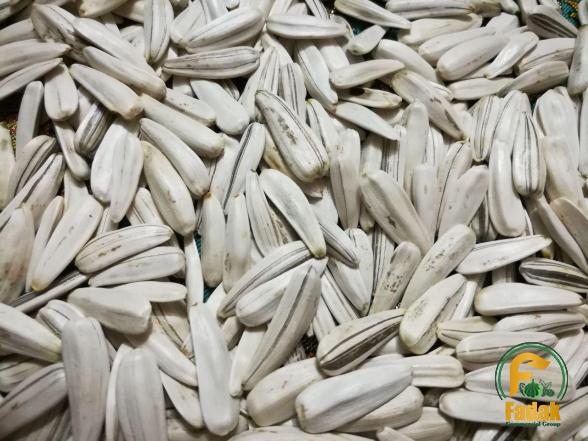
nut
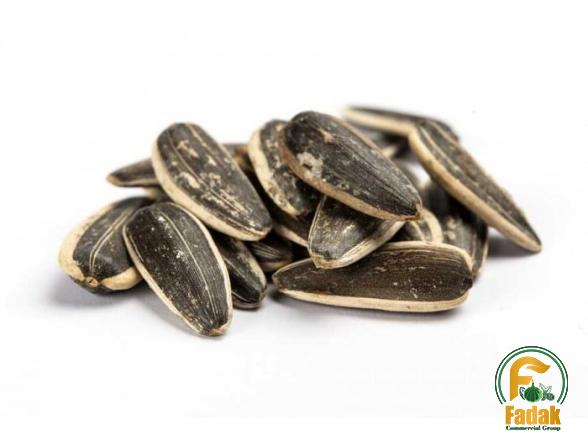 4.2 Export Opportunities: Australia has a significant potential for exporting bulk sunflower seeds globally. The export market offers opportunities to cater to the growing global demand for healthy snack options. Regions like Asia and Europe are experiencing an increasing demand for sunflower seeds. Developing export channels, complying with international quality and safety standards, and establishing distribution networks are vital considerations for entering the export market. 5. Challenges and Considerations: 5.1 Regulatory Compliance: Australian farmers engaged in sunflower cultivation must adhere to agricultural laws and regulations. Compliance with labeling requirements, testing protocols, and quality assurance measures is crucial for ensuring the safety and integrity of the product. 5.2 Competition: The bulk sunflower seed industry in Australia faces competition from domestic and international producers. Developing unique selling propositions (USPs) such as organic certification, fair-trade practices, or superior processing methods can help establish a competitive advantage. 5.3 Market and Price Volatility: Like any agricultural commodity, sunflower seed prices are influenced by various factors such as weather conditions, global demand, and currency fluctuations. Ensuring adequate risk management strategies, including hedging against price volatility, can safeguard the profitability of bulk sunflower seed operations. Conclusion: The bulk sunflower seeds market in Australia presents a promising business opportunity for entrepreneurs interested in the cultivation and distribution of this nutritious and versatile crop. With favorable climate conditions, increasing domestic demand, and growing export opportunities, the potential for success in this industry is significant. However, thorough market analysis, effective cultivation techniques, adherence to quality standards, and astute business strategies are essential for thriving in the competitive sunflower seed market.Understanding Market Trends and Consumer Preferences: 1. Rising Demand for Healthier Snack Options: The sunflower seeds market in Australia is driven by the increasing demand for healthier snack alternatives. With consumers becoming more health-conscious and embracing plant-based diets, sunflower seeds offer a nutritious and satisfying option. Their high protein content, healthy fats, and rich source of vitamins and minerals make them an attractive snacking choice. 2. Growing Interest in Plant-Based Diets: The rise of plant-based diets in Australia further fuels the demand for sunflower seeds.
4.2 Export Opportunities: Australia has a significant potential for exporting bulk sunflower seeds globally. The export market offers opportunities to cater to the growing global demand for healthy snack options. Regions like Asia and Europe are experiencing an increasing demand for sunflower seeds. Developing export channels, complying with international quality and safety standards, and establishing distribution networks are vital considerations for entering the export market. 5. Challenges and Considerations: 5.1 Regulatory Compliance: Australian farmers engaged in sunflower cultivation must adhere to agricultural laws and regulations. Compliance with labeling requirements, testing protocols, and quality assurance measures is crucial for ensuring the safety and integrity of the product. 5.2 Competition: The bulk sunflower seed industry in Australia faces competition from domestic and international producers. Developing unique selling propositions (USPs) such as organic certification, fair-trade practices, or superior processing methods can help establish a competitive advantage. 5.3 Market and Price Volatility: Like any agricultural commodity, sunflower seed prices are influenced by various factors such as weather conditions, global demand, and currency fluctuations. Ensuring adequate risk management strategies, including hedging against price volatility, can safeguard the profitability of bulk sunflower seed operations. Conclusion: The bulk sunflower seeds market in Australia presents a promising business opportunity for entrepreneurs interested in the cultivation and distribution of this nutritious and versatile crop. With favorable climate conditions, increasing domestic demand, and growing export opportunities, the potential for success in this industry is significant. However, thorough market analysis, effective cultivation techniques, adherence to quality standards, and astute business strategies are essential for thriving in the competitive sunflower seed market.Understanding Market Trends and Consumer Preferences: 1. Rising Demand for Healthier Snack Options: The sunflower seeds market in Australia is driven by the increasing demand for healthier snack alternatives. With consumers becoming more health-conscious and embracing plant-based diets, sunflower seeds offer a nutritious and satisfying option. Their high protein content, healthy fats, and rich source of vitamins and minerals make them an attractive snacking choice. 2. Growing Interest in Plant-Based Diets: The rise of plant-based diets in Australia further fuels the demand for sunflower seeds.
Specifications of nut
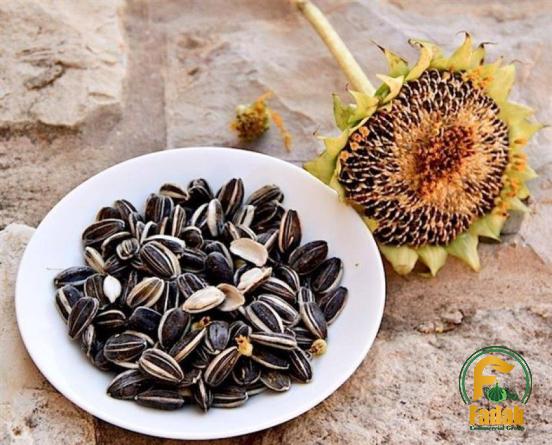 As people prioritize sustainability and ethical food choices, the market for plant-based alternatives continues to expand. Sunflower seeds provide a plant-based source of protein, making them a popular choice for individuals following vegetarian, vegan, or flexitarian diets. 3. Shift in Snack Food Preferences: The traditional snack food market is evolving as consumers seek healthier options. Sunflower seeds offer a healthier alternative to conventional snacks like chips and sweets. The nuts and seeds category, including sunflower seeds, is experiencing a surge in popularity as consumers become more educated about the benefits of nutrient-dense snacks. Cultivation and Production Considerations: 4. Assessing Land and Climate Suitability: When planning to cultivate sunflower seeds in bulk, it is essential to assess the suitability of the land and climate. Sunflower plants require well-drained soil with a pH range of 6.5 to 7.8. Additionally, they thrive in warm climates with a minimum average temperature of 18°C during the growing season. Conducting soil tests and consulting agricultural experts can help determine the viability of the land for sunflower cultivation. 5. Selecting the Right Seed Varieties: Choosing the appropriate sunflower seed varieties for bulk cultivation is crucial. Hybrid sunflower seeds are known for their uniformity, high yield potential, and disease resistance. Open-pollinated varieties, on the other hand, offer genetic diversity and the opportunity for seed saving. Depending on the market demand and the intended use of the sunflower seeds, farmers should consider the traits and characteristics of the various seed varieties available. 6. Implementing Effective Cultivation Techniques: Successful cultivation requires meticulous planning and implementation of cultivation techniques. Farmers should decide between direct seeding or transplanting seedlings based on their resources and climate conditions. Adequate irrigation systems, fertilization, and weed control practices are vital for optimal sunflower growth. Regular monitoring of pests and diseases should also be conducted to ensure the overall health of the crop. 7. Harvesting and Post-Harvest Processing: Harvesting sunflower seeds involves waiting for the heads to dry and the seeds to ripen. Once harvested, the seeds need to undergo post-harvest processing, including the removal of the outer husk for improved consumer appeal. Industrial-scale processing machinery can be employed to efficiently shell and clean bulk sunflower seeds, ensuring a high-quality end product for the market. Marketing and Distribution Strategies: 8. Developing a Strong Brand Identity: In a competitive market, establishing a unique brand identity is crucial for the success of bulk sunflower seed businesses. Creating a brand that emphasizes quality, sustainability, and health benefits can attract health-conscious consumers. Additionally, highlighting any certifications, such as organic or fair-trade, can further differentiate the product and appeal to consumers with specific preferences.
As people prioritize sustainability and ethical food choices, the market for plant-based alternatives continues to expand. Sunflower seeds provide a plant-based source of protein, making them a popular choice for individuals following vegetarian, vegan, or flexitarian diets. 3. Shift in Snack Food Preferences: The traditional snack food market is evolving as consumers seek healthier options. Sunflower seeds offer a healthier alternative to conventional snacks like chips and sweets. The nuts and seeds category, including sunflower seeds, is experiencing a surge in popularity as consumers become more educated about the benefits of nutrient-dense snacks. Cultivation and Production Considerations: 4. Assessing Land and Climate Suitability: When planning to cultivate sunflower seeds in bulk, it is essential to assess the suitability of the land and climate. Sunflower plants require well-drained soil with a pH range of 6.5 to 7.8. Additionally, they thrive in warm climates with a minimum average temperature of 18°C during the growing season. Conducting soil tests and consulting agricultural experts can help determine the viability of the land for sunflower cultivation. 5. Selecting the Right Seed Varieties: Choosing the appropriate sunflower seed varieties for bulk cultivation is crucial. Hybrid sunflower seeds are known for their uniformity, high yield potential, and disease resistance. Open-pollinated varieties, on the other hand, offer genetic diversity and the opportunity for seed saving. Depending on the market demand and the intended use of the sunflower seeds, farmers should consider the traits and characteristics of the various seed varieties available. 6. Implementing Effective Cultivation Techniques: Successful cultivation requires meticulous planning and implementation of cultivation techniques. Farmers should decide between direct seeding or transplanting seedlings based on their resources and climate conditions. Adequate irrigation systems, fertilization, and weed control practices are vital for optimal sunflower growth. Regular monitoring of pests and diseases should also be conducted to ensure the overall health of the crop. 7. Harvesting and Post-Harvest Processing: Harvesting sunflower seeds involves waiting for the heads to dry and the seeds to ripen. Once harvested, the seeds need to undergo post-harvest processing, including the removal of the outer husk for improved consumer appeal. Industrial-scale processing machinery can be employed to efficiently shell and clean bulk sunflower seeds, ensuring a high-quality end product for the market. Marketing and Distribution Strategies: 8. Developing a Strong Brand Identity: In a competitive market, establishing a unique brand identity is crucial for the success of bulk sunflower seed businesses. Creating a brand that emphasizes quality, sustainability, and health benefits can attract health-conscious consumers. Additionally, highlighting any certifications, such as organic or fair-trade, can further differentiate the product and appeal to consumers with specific preferences.
buy nut
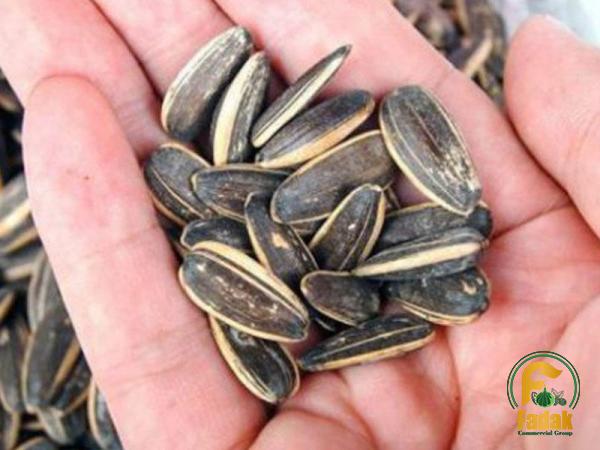 9. Building Strategic Partnerships: Partnering with distributors, retailers, and other industry players is essential for extensive market reach and efficient distribution. Collaborating with established snack food manufacturers or health food stores can be mutually beneficial, as they already have established distribution networks that can help introduce bulk sunflower seeds to a broader consumer base. 10. Leveraging Online Platforms: In today’s digital age, having a strong online presence is essential for any business. Creating a user-friendly website or e-commerce platform can facilitate direct sales to consumers. Utilizing social media platforms, email marketing, and content marketing strategies can help raise brand awareness and target specific customer segments interested in healthy snacks. 11. Expanding into Export Markets: Australia’s reputation for high-quality agricultural products presents opportunities for bulk sunflower seed exports. With the increasing global demand for healthy snacks, exploring export markets can be a viable strategy for expanding the business. To enter international markets, business owners must comply with export regulations, conduct market research, and establish effective distribution channels. Financial Considerations and Risk Management: 12. Cost Analysis and Financial Planning: To ensure a profitable venture, conducting a thorough cost analysis and financial planning is necessary. This includes considering initial setup costs, ongoing operational expenses, and marketing investments. Farmers should also account for potential fluctuation in sunflower seed prices and factor in safety nets to manage financial risks. Conclusion: The bulk sunflower seed market in Australia presents significant opportunities for entrepreneurs looking to tap into the growing demand for healthy snacks. With the right cultivation techniques, strong marketing strategies, and meticulous financial planning, businesses can carve out a niche in this lucrative industry. However, understanding market trends, selecting suitable seed varieties, implementing effective cultivation practices, and building strong distribution networks are vital for long-term success. With careful planning and a focus on quality, bulk sunflower seed businesses in Australia have the potential to thrive in both domestic and export markets.
9. Building Strategic Partnerships: Partnering with distributors, retailers, and other industry players is essential for extensive market reach and efficient distribution. Collaborating with established snack food manufacturers or health food stores can be mutually beneficial, as they already have established distribution networks that can help introduce bulk sunflower seeds to a broader consumer base. 10. Leveraging Online Platforms: In today’s digital age, having a strong online presence is essential for any business. Creating a user-friendly website or e-commerce platform can facilitate direct sales to consumers. Utilizing social media platforms, email marketing, and content marketing strategies can help raise brand awareness and target specific customer segments interested in healthy snacks. 11. Expanding into Export Markets: Australia’s reputation for high-quality agricultural products presents opportunities for bulk sunflower seed exports. With the increasing global demand for healthy snacks, exploring export markets can be a viable strategy for expanding the business. To enter international markets, business owners must comply with export regulations, conduct market research, and establish effective distribution channels. Financial Considerations and Risk Management: 12. Cost Analysis and Financial Planning: To ensure a profitable venture, conducting a thorough cost analysis and financial planning is necessary. This includes considering initial setup costs, ongoing operational expenses, and marketing investments. Farmers should also account for potential fluctuation in sunflower seed prices and factor in safety nets to manage financial risks. Conclusion: The bulk sunflower seed market in Australia presents significant opportunities for entrepreneurs looking to tap into the growing demand for healthy snacks. With the right cultivation techniques, strong marketing strategies, and meticulous financial planning, businesses can carve out a niche in this lucrative industry. However, understanding market trends, selecting suitable seed varieties, implementing effective cultivation practices, and building strong distribution networks are vital for long-term success. With careful planning and a focus on quality, bulk sunflower seed businesses in Australia have the potential to thrive in both domestic and export markets.
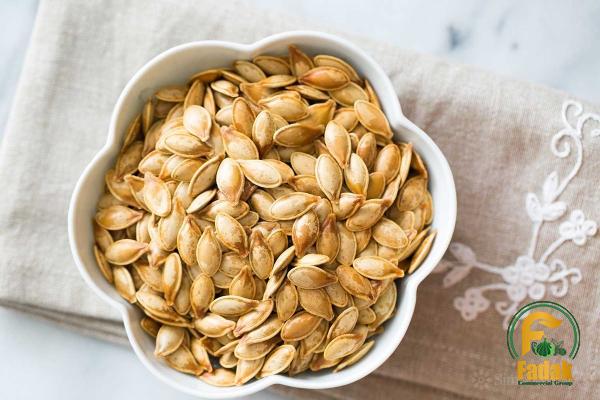
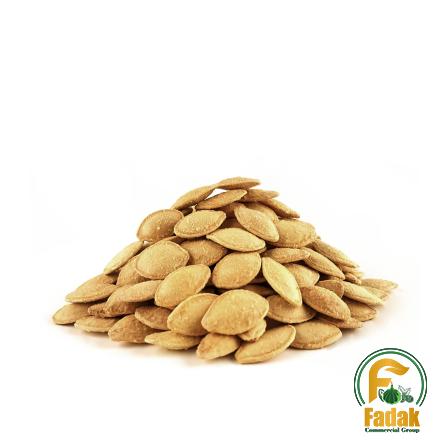
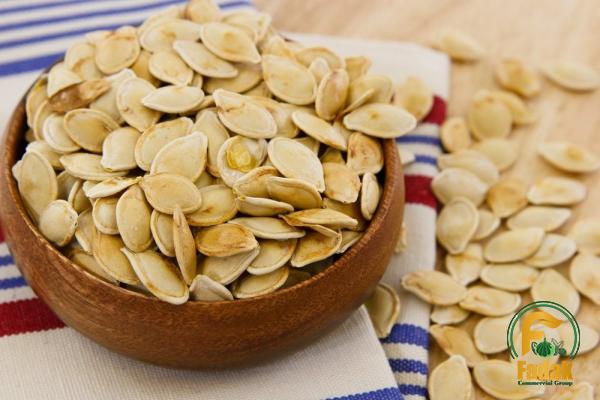
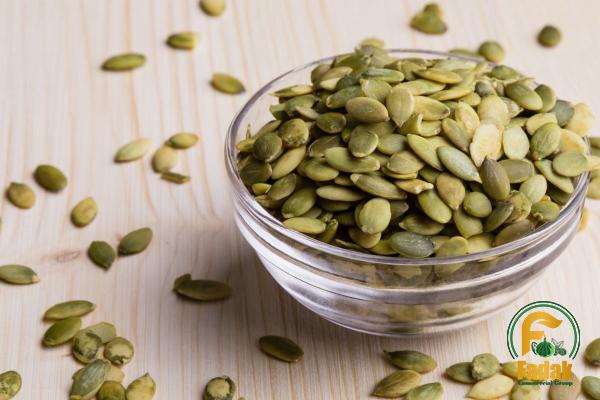
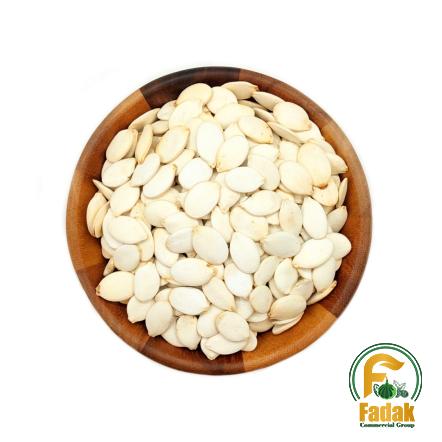
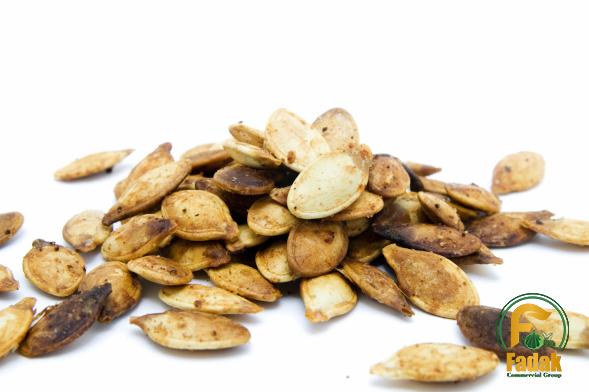
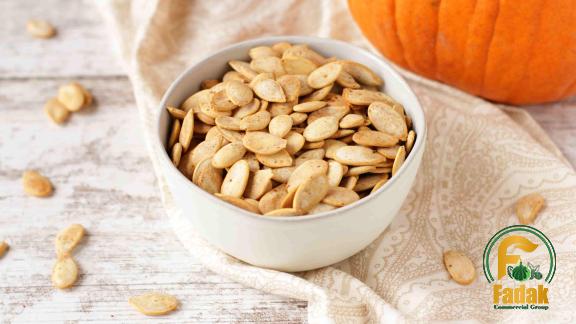
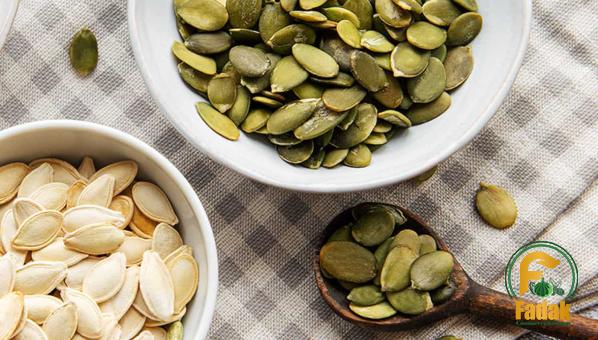
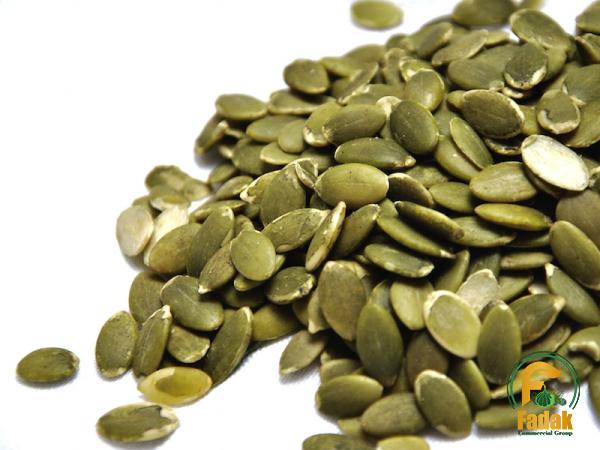
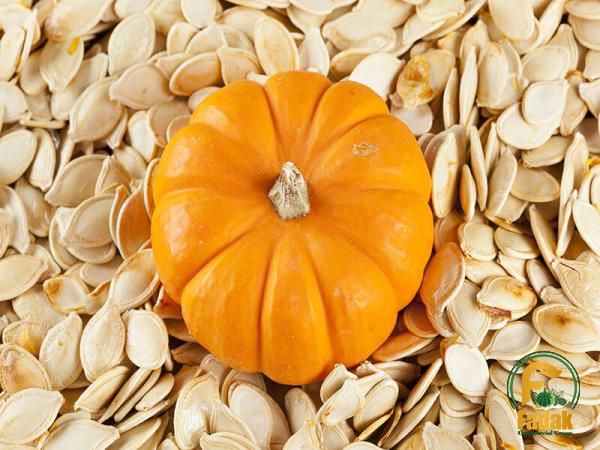
Your comment submitted.